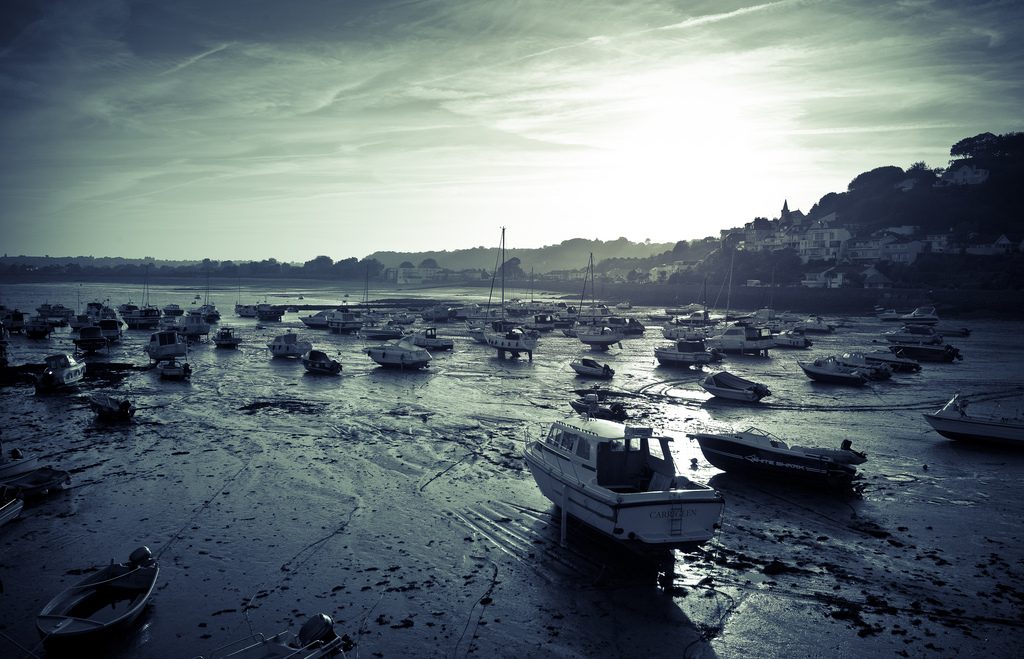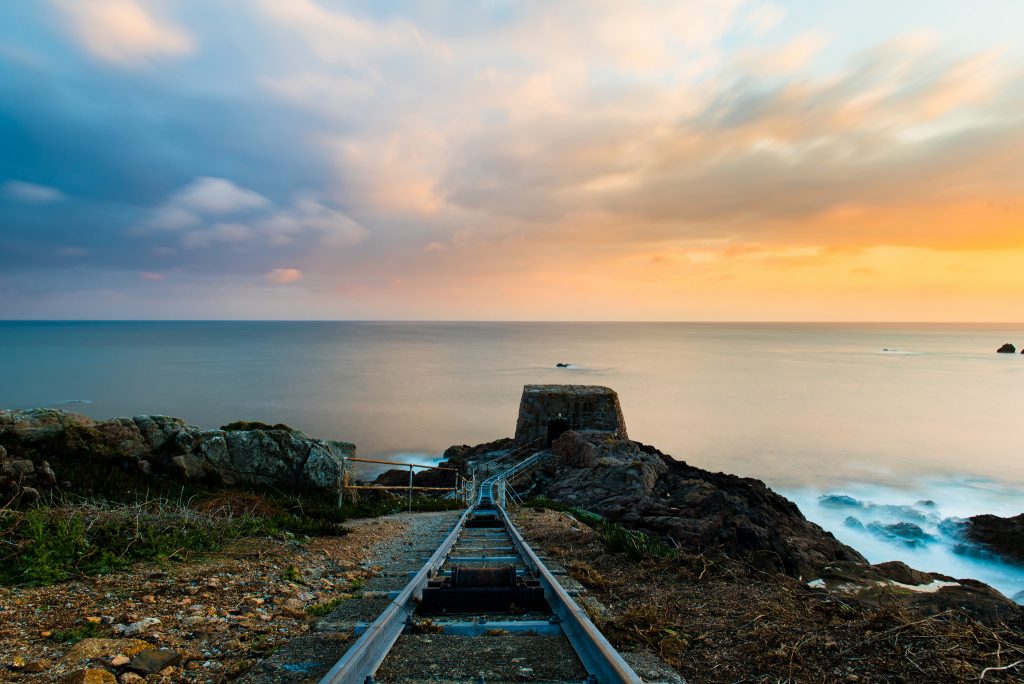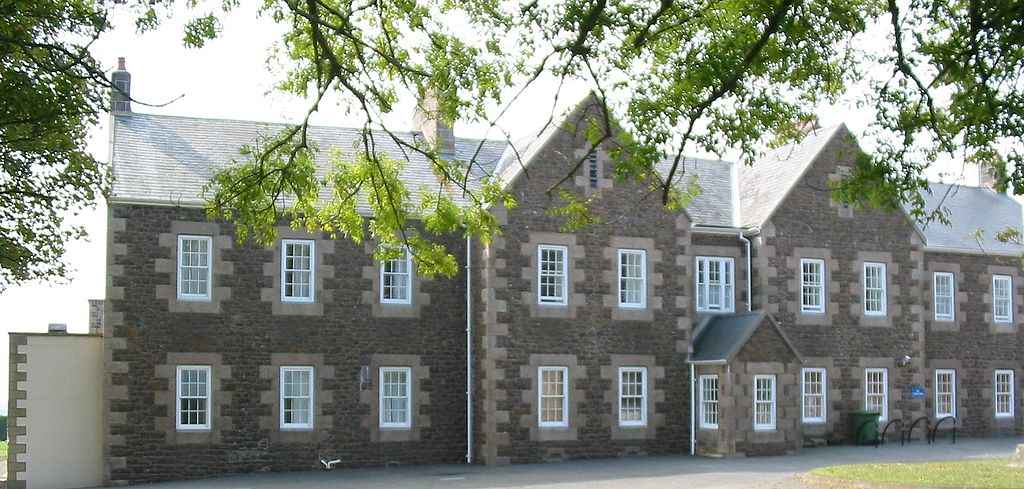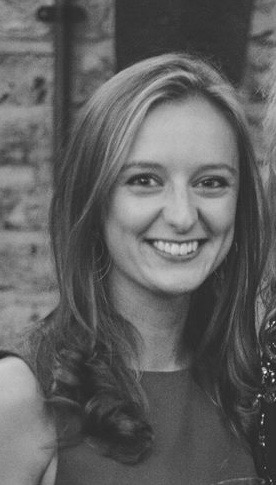A report into child abuse in Jersey’s care system has uncovered hundreds of incidents of physical, sexual, and mental abuse that took place over seven decades. It also warns that children in Jersey’s care system may still be at risk.
What happened?
The Independent Jersey Care Inquiry, which produced the report, focused on abuse that took place at one particular children’s home called Haut de la Garenne. Survivors have reported that the abuse they suffered at Haut de la Garenne included:
- Being beaten with nettles as a punishment for bedwetting
- Having their mouths washed out with soap
- Being punched and slapped
- Having fat from a frying pan poured over them
- Sexual abuse
The Inquiry also examined abuses across the care system in Jersey during the last seven decades. One witness reported that at the Sacré Coeur Orphanage, children were forced to work unpaid in a knitting factory run by the nuns at the orphanage. Other children were placed into foster care where they suffered abuse, emotional cruelty and neglect.
What has this got to do with human rights?
 The report says services across the island could still be putting children at risk. Image Credit: Toby Gaulke / Flickr
The report says services across the island could still be putting children at risk. Image Credit: Toby Gaulke / Flickr
The Human Rights Convention is part of Jersey’s law through the Human Rights (Jersey) Law. Basically this is Jersey’s equivalent to our Human Rights Act.
Article 2 of the Human Rights Convention protects our right to life. Included in this is the requirement that there must be an investigation when certain rights have been infringed by the government. Just like in the UK, in Jersey the government has overall responsibility for the care system, so any abuses of human rights in care homes are the government’s responsibility.
The Independent Jersey Care Inquiry was called after it became clear that failings in the Jersey Care System had violated a number of human rights:
- Article 3 of the Human Rights Convention protects everyone from torture, inhuman and degrading treatment. This is an absolute right, meaning there are no exceptions. Most of the physical and sexual abuse endured by the witnesses to the Jersey Care Inquiry would fall under this type of treatment.
- Article 4 gives the right to be free from slavery. The children who were made to work unpaid in a knitting factory at the Sacré Coeur Orphanage were treated as slaves.
- Article 5 protects the right to liberty. This means children (as well as adults) should never be locked up unless there is a legal reason to do so. The Jersey Care Inquiry found that in some cases, children were put into care without lawful basis, such as for petty theft and for being ‘rude and cheeky’. It also found that ‘secure rooms’ were used routinely and excessively against children.
- Article 13 gives the right to an effective remedy for human rights violations. The Jersey Care Inquiry found that until the 1990s there was no system for survivors to report abuse. They reported that there was a culture of fear, protection of powerful interests and resistance to change, known as the ‘Jersey way’, which deterred whistle-blowers.
So what happens next?

The inquiry has made urgent recommendations. Image Credit: JT Photography / Flickr
The Inquiry Report concludes there should be ‘action without delay’. Some of its key recommendations are:
The appointment of new Child Protection Officers:
The Inquiry suggests appointing a new Commissioner for Children. This person would be able to carry out inquiries into reports of abuse and have the power to make public any of his or her findings.
It also recommended establishing a Children’s Rights Officer. This person’s responsibilities would include helping children to understand authorities’ response to any reports of abuse.
Independent Inspections of services:
The Inquiry found there had been no independent inspections of care services between 1981 and 2001, and inspections after that were ad hoc. It has been suggested that a new law is passed to make independent inspections regular and compulsory.
Other conclusions include demolishing the Haut de la Garenne building and providing care and counselling for survivors.
The State’s responsibility to bring inquiries into abuses of human rights helps to identify the systemic failures that allowed such abuses to take place. If lessons are learned and action is taken without delay, children still at risk can be protected.
Find out more about your human rights:
- See this piece on why Horrific Child Abuse Must Be Properly Investigated
- Look at our explain on what a Public Inquiry is
- Understand how private residential homes are protected by Human Rights







